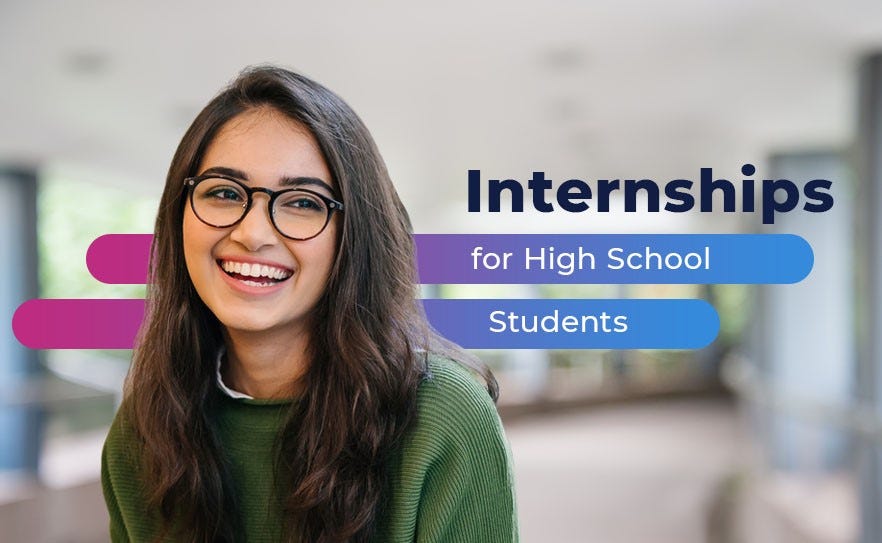 Jobs That Offer Relocation + Sponsorship (US/UK/Ireland) — Limited List 1
Jobs That Offer Relocation + Sponsorship (US/UK/Ireland) — Limited List 1
Why Most Students Never Get Internship Offers: Securing an internship sometimes feels like trying to catch a moving train. You see other students getting offers, celebrating on LinkedIn, and stepping into big opportunities while you are staring at your inbox wondering why you have not heard a thing back.
If it feels personal, it is not. The truth is, most students never get internship offers, and the reasons are more structural and psychological than many realize. The competition is high, the process is unclear, and expectations keep rising every year. Yet some students consistently get offers from top companies while others disappear into the crowd.
This guide breaks down why that happens, what the successful applicants do differently, and how you can begin applying their strategies right away.
Throughout the article, you will find do follow references sprinkled naturally into the discussion to give you credible insight from real research and career expert analyses.
The Hard Truth
Most students think they are rejected because employers are not interested in them. In reality, applicants often lose the opportunity long before the hiring manager ever reads their resume.
Below are the most common reasons students miss out on internship offers, based on research, surveys, and hiring patterns.
Why Most Students Never Get Internship Offers: Lack of Early Preparation
Many students start applying only a few weeks before deadlines or wait until summer approaches. By that time, most competitive companies have already closed applications.
According to a report by the National Association of Colleges and Employers, employers often recruit interns months in advance, sometimes as early as September or October. This means students who delay their search fall behind instantly. You can see more about this hiring timeline in NACE’s employer insights here:
NACE Internship Hiring Insights
https://www.naceweb.org/talent-acquisition/internships/
Students underestimate how early they should prepare. Successful applicants treat internship hunting like a semester course, working on their resume, polishing their portfolio, and strengthening their online presence long before openings appear.
Weak or Generic Resumes
One of the biggest mistakes students make is using the same resume for every internship, even when the roles vary drastically. Recruiters can spot a generic resume immediately.
LinkedIn Learning reports that recruiters spend only a few seconds scanning a resume before deciding whether to continue reading. A generic resume from a student with limited experience will not survive those first few seconds.
Learn more in the LinkedIn article:
How Recruiters Actually Read Your Resume
https://www.linkedin.com/business/talent/blog/talent-strategy/how-recruiters-scan-resume-in-6-seconds
Successful applicants tailor each resume to fit the job description. They highlight relevant projects, quantify their achievements, and strategically use keywords to match the role.
No Demonstrated Skills
Employers increasingly focus on skills rather than credentials. Students who cannot demonstrate tangible skills often get filtered out, even when their grades are good.
According to the World Economic Forum, employers prioritize problem solving, communication, adaptability, and digital skills.
Check their report on future job skills here:
World Economic Forum Future of Jobs Skills
https://www.weforum.org/reports/the-future-of-jobs-report-2023/
Successful applicants build skill portfolios through:
- Personal projects
- Volunteering
- Freelance work
- Hackathons
- Online certifications
- Research work
A project speaks louder than a GPA.
Why Most Students Never Get Internship Offers: Applying Blindly Without Strategy
Some students apply to thirty internships in one night and expect one to stick. They treat applications like a lottery.
Successful students do not apply everywhere. They apply strategically.
They research the company culture, understand what recruiters are looking for, and use a targeted approach for their resume and cover letter.
They know which companies hire beginners and which ones prefer more experienced students. They avoid wasting time on roles that do not match their skills.
No Networking Effort
One of the most misunderstood truths about internships is that many offers do not come from the application portal. They come from connections.
Studies from the Harvard Business Review show that a significant portion of job opportunities are hidden and discovered through networking.
Read more here:
Harvard Business Review Networking Research
https://hbr.org/2022/07/why-your-network-is-your-most-valuable-career-asset
Successful applicants:
- Attend campus career fairs
- Ask professors for connections
- Message employees on LinkedIn
- Join student chapters of professional organizations
- Engage in community projects
People hire people they know or trust.

Poor Online Presence
Employers check your digital footprint. Many students ignore this completely.
Successful applicants have:
- A polished LinkedIn profile
- A simple but clean portfolio site
- A GitHub or Behance if relevant
- Internships and projects displayed clearly
- Professional profile photos
Employers are reassured when they can confirm your skills online.

Weak Interview Performance
Many students treat interviews casually or fail to practice. Successful applicants prepare weeks ahead using the STAR method (Situation, Task, Action, Result) and study questions related to the industry.
They understand that interviews are not just conversations. They are structured assessments.
Table: Common Mistakes vs What Successful Applicants Do Differently
| Reason Students Fail | What Successful Applicants Do |
|---|---|
| Apply too late | Start preparation months before deadlines |
| Use generic resumes | Tailor resumes for each role |
| Lack of skills | Build portfolios and take online courses |
| Blindly submit many applications | Apply strategically with targeted materials |
| Do not network | Build connections through LinkedIn and campus events |
| Weak online presence | Maintain professional LinkedIn and portfolio site |
| Poor interview performance | Practice consistently and research each company |
Why Most Students Never Get Internship Offers: Misunderstanding Employer Expectations
A lot of students think internships are for people with no experience. That is partly true, but employers still expect evidence that you can contribute something.
They want to see initiative. They want to see curiosity. They want to see effort.
Successful applicants know this. They show proof through personal or academic projects that reflect genuine interest.
What Successful Students Do Differently: Smart Strategies to Secure Offers
Below are the strategies that consistently separate successful applicants from the rest.
They Build Skills Before Applying
Instead of waiting for a company to train them, strong applicants build skills early using platforms like:
- Coursera
- Google Career Certificates
- HubSpot Academy
- FreeCodeCamp
These platforms help students build competence quickly, often for free.
They Use LinkedIn Like a Tool, Not a Social Media Platform
Top candidates:
- Reach out to employees
- Comment on industry related posts
- Post updates about their projects
- Join groups focused on career development
LinkedIn is often the bridge to an internship offer.
What Successful Applicants Do Differently: They Create a Clean Portfolio
A portfolio instantly sets you apart. Even an entry level student can showcase:
- Class projects
- Personal projects
- Volunteer work
- Research assignments
Employers love proof.
What Successful Applicants Do Differently: They Attend Career Fairs Religiously
Even small conversations with employers matter. Students who attend career fairs get insider information about hiring cycles, resume preferences, and interview processes.
They Treat the Process Like a Skill
Internship hunting is a skill. Not a one time task. The more you do it, the better you become.
Successful applicants track applications, follow up professionally, and refine their documents after every rejection.
Why This Matters
If you follow the strategies above consistently, your chances of securing internship offers increase significantly. The gap between rejected students and successful ones is rarely about intelligence or talent. It is mostly about preparation, positioning, and persistence.
Final Thoughts
Internships are often the starting point of a strong career. They build confidence, open doors, and help you gain the experience employers look for. If you can understand why most students never get internship offers, you can begin applying the strategies that successful applicants use every year.
You do not need perfect grades. You do not need to be the most talented person in your class. You need the right approach.
Start early, build your skills, network intentionally, customize your resume, and treat your internship search seriously. It pays off faster than you think.






